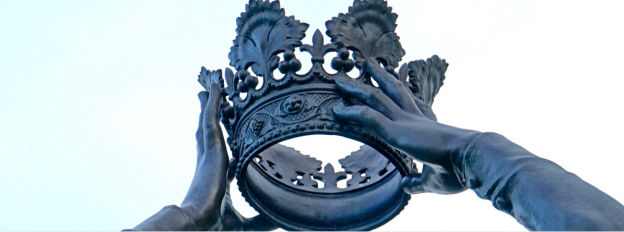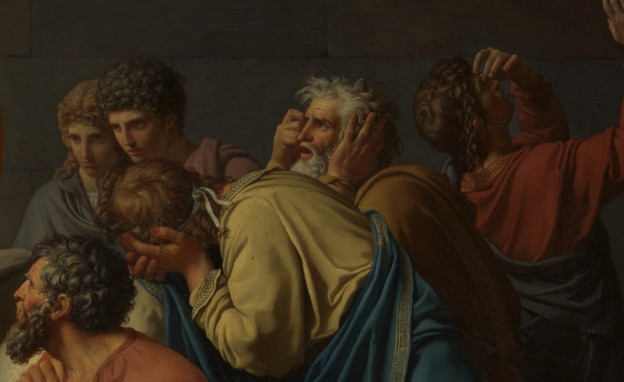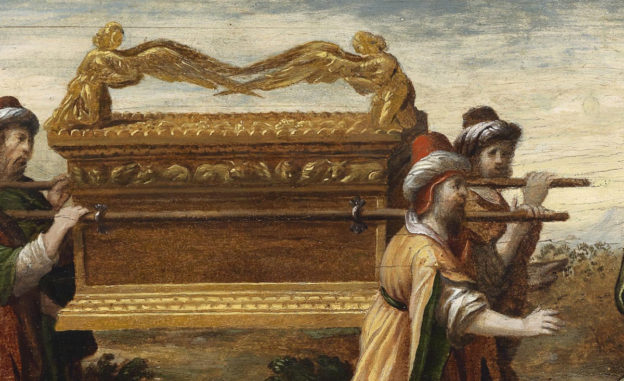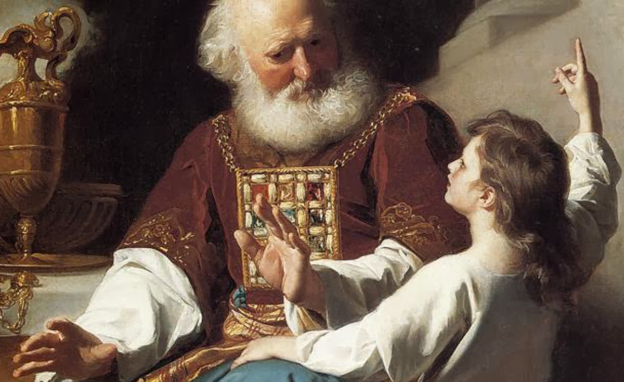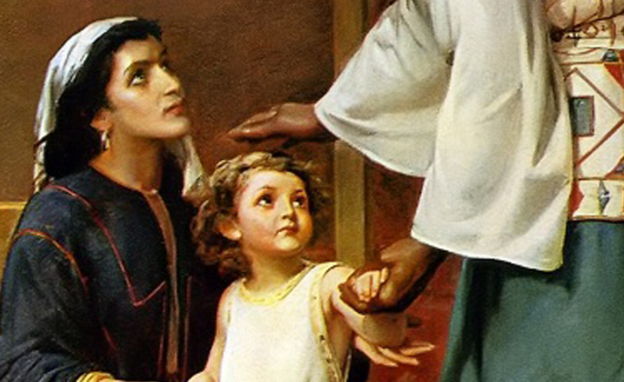There is a well known idiom that there are only two certainties in life – death and taxes. That certainty is definitely advanced by the presence of the government in our lives. Before you flag me as an anarchist, and probably too late to avoid flagging on some security service list, God has given us government for our good; to restrain and judge the evildoer. But the government is full of sinners, and sinners corrupt everything.
The reality of kingship, and of government in general, is the focus of 1 Samuel 8. Israel sinfully wanted a king just like the nations around them, because they lacked trust in God to lead them and to fill the leadership vacuum which Samuel’s fast-approaching death would cause. Samuel passed on God’s warning about the nature of human leadership to Israel, for our benefit as well. To remind us of the sinful nature of human government, and to instead seek our solace in the sinless rule and reign of Jesus Christ.
When Samuel complained of Israel’s demand, God reminded him that they were rejecting God, not him, and told Samuel to “solemnly warn them and show them the ways of the king who shall reign over them” (v.9). Samuel did (v.10). The way of kings is described in terms of take and serve.
Firstly, the king will “take your sons” to serve in his armies, fight his battles, and die in his wars (v.11). When they were not busy fighting, some would be made to “plow his ground and to reap his harvest, and to make his implements of war and the equipment of his chariots” (v.12).
Lest they think that only their sons were at risk, the king would also “take your daughters to be perfumers and cooks and bakers” (v.13). After all, that army, the king, and his court could not be expected to feed themselves.
Thirdly, the king would “take the best of your fields and vineyards and olive orchards and give them to his servants” (v.14) to reward them for their service.
Fourthly, the king and his closest advisers would need to be kept in the manner to which they were accustomed and entitled, and so he would “take the tenth of your grain and of your vineyards and give it to his officers and to his servants” (v.15) on top of that given to God.
Then he would take “your male servants and female servants and the best of your young men and your donkeys, and put them to his work” (v.16) so they could no longer work in their own fields for their own gain.
Finally, the king would stock his fields by taking “the tenth of your flocks” with the end effect after all this that “you shall be his slaves” (v.17) just as they were in Egypt. Then when they cried out to God, God would not answer them because they chose it for themselves (v.18).
One would think this warning was enough to scare off the Israelites, but no. Israel refused to listen and demanded a king to lead them in battle (vv.19-20). After once again bringing Israel’s words to God and being told to go ahead and give them their sinful heart’s desire, Samuel dismissed the elders, telling them to “Go every man to his city” (vv.21-2).
Essentially, if the Israelites did not want a divine king but wanted an earthly king like the earthly, pagan nations around them, they had to expect the consequences. They could not have their cake and eat it, too.
Worldly leaders are driven by ambition, and even the best of leaders who seek to “make a difference” with the best of intentions are flawed and corrupted by sin. The nature of worldly leadership is that compromises must be made, allegiances bought and sold. Appearances must be kept; MPs are too busy to mow the Parliamentary Lawn. At worst, as we see in many places the world over, corruption and self-enrichment is too easily attainable near the seat of power.
We cannot divorce ourselves from the government, we must render to Caesar what is Caesar’s, even when Caesar is busy doing and paying for things sinful and objectionable (Mark 12:17). Neither, though, should we view government as the answer to all our problems, whether it is morality, economy, or society.
Yes, Christians can and should engage in political processes when available. But the state will not save the world; it cannot. It is tainted by sin, and sinful itself (Revelation 13). Given the chance, the state will seek that all worship it, like Nebuchadnezzar (Dan. 3) and Caesar did.
Instead, all must look to Jesus, the true king whose reign is sinless and selfless. Unlike sinful governments, Jesus’ reign is righteous, and Jesus did not take but gave of his own life so that we could reign with him now and in the eternal kingdom to come, enjoying the riches and blessings of God. It is to that man that we should bow the knee and serve.

